Europe’s Resonant Rise of US-Backed Conservative Movements as Poland’s Presidential Runoff Approaches
- by Nowak, Poland, RNG247
- about 5 months ago
- 136 views
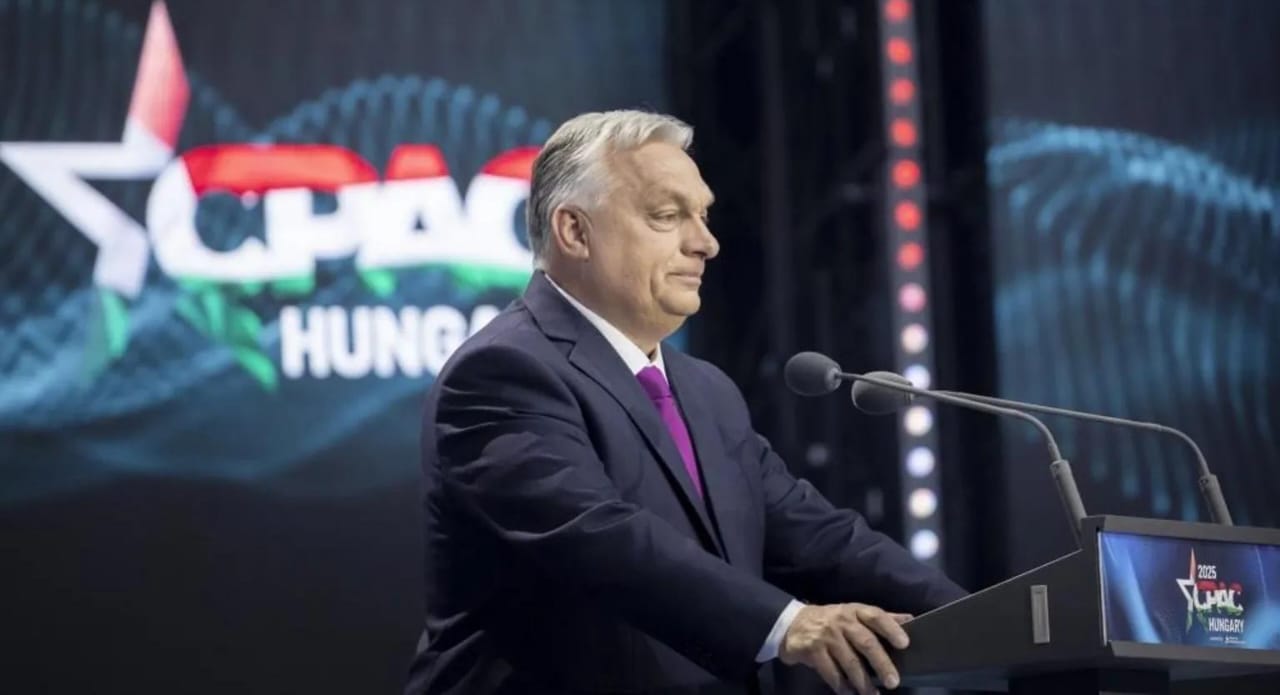
This week in Europe marked a significant chapter in the burgeoning influence of conservative political currents inspired by the American model. The epicenters of these movements—Poland and Hungary—hosted major gatherings of the Conservative Political Action Conference (CPAC), signaling a strategic push to redirect the continent’s political trajectory through a hardline nationalist lens. These assemblies are more than mere gatherings—they represent an emerging ideological battleground, defining the future of European conservatism amid a landscape increasingly shaped by transatlantic alliances and contentious social debates.
With the Polish presidential election run-off scheduled for Sunday, the stakes are exceptionally high. The contest features a clear ideological clash: CPAC-endorsed nationalist Karol Nawrocki confronting liberal Warsaw Mayor Rafal Trzaskowski—a direct reflection of the unfolding “battle for Western civilization,” as described by the conference speakers. This pivotal moment underscores the integration of broader conservative strategies into European political contests, with the outcome poised to influence regional alignments and narratives for years to come.
In Budapest, CPAC’s presence took on grander dimensions, transforming into a spectacle replete with flashing lights, celebrity hosts, and pulsating disco music. Hungary’s Prime Minister Viktor Orban, the event’s charismatic figurehead, set the tone with fiery rhetoric and unabashed nationalism. Declaring President Donald Trump as a “truth serum,” Orban articulated his vision of a rekindled Europe—an “Age of Patriots”—anchored in the sanctity of the nation, the traditional family, and his personal interpretation of Christianity.
Orban and keynote speakers launched blistering critiques of the European Union, voicing vehement opposition to policies like the Green Deal, which they see as threats to sovereignty. They railed against what they termed “mass immigration” and what they dismiss as “gender and woke madness,” framing these issues as existential threats to European identity and safety. Orban declared, “Europeans do not feel safe in their own towns, homes, and countries,” warning of “population replacement,” a narrative echoed by fellow speakers from Germany’s far-right Alternative for Germany (AfD), the Netherlands’ Geert Wilders, and other prominent nationalist figures.
This movement aims at nothing less than a radical reshaping of the European project—rejecting the old liberal doctrines of the EU in favor of a conservatism rooted in sovereignty, tradition, and cultural nationalism. The conference drew luminaries like Slovak Prime Minister Robert Fico, Austrian Freedom Party leader Herbert Kickl, and notable international visitors, including Liz Truss, the former British Prime Minister; Tony Abbott, Australia’s ex-Prime Minister; and political figures from Poland and the Czech Republic.
A notable presence was from India’s Narendra Modi-led BJP, represented by Ram Madhav, signaling the ideological and diplomatic reach of these conservative networks on a global scale. The gatherings fosters a sense of a burgeoning “international nationalist movement,” as one attendee described, orchestrated through a “global platform for anti-globalist forces,” a rare convergence that transcends the usual European and American political silos.
In Poland, the tone was especially combative, with speakers emphasizing alliances with the Trump administration, which they praise as a model of “dissident conservatism.” US figures, including Kristi Noem—Trump’s pick for Homeland Security—emphasized the continuation of American military support and high-quality equipment into Poland, subtly endorsing Nawrocki’s candidacy without explicitly stating so.
Yet, amidst this surge, the movement faces notable setbacks. The liberal win in Romania’s presidential race and the Austria coalition shift signal that the conservative tide is more nuanced and contested than it appears. The Hungarian government’s own struggles have raised questions about the longevity and cohesion of Orban’s eurosceptic and nationalist alliances. The upcoming Hungarian parliamentary elections in April 2026 are indeed weighing heavily on Orban’s grip on power, with analysts speculating that if Nawrocki falters in Poland, Hungarian conservatives could follow suit.
Further complicating the landscape are deep divisions over Russia and Ukraine, evident in the absence of Italian Prime Minister Giorgia Meloni—whose stance remains more cautious—highlighting internal fractures within the movement. Additionally, demographic concerns grow louder: Hungary’s fertility rate dipped to 1.28 in April—near the historic lows of Orban’s tenure—casting doubt on optimistic narratives about the success of pro-family incentives.
As the Budapest conference concluded amidst a buzzing atmosphere of victory and expectation, the eyes of Europe and beyond remain fixed on the Polish run-off. A victory for Nawrocki could embolden this nascent international conservative bloc, but cracks within the movement suggest a landscape rife with contestation, division, and unpredictable outcomes—a true battleground for the future of European and Western conservatism.



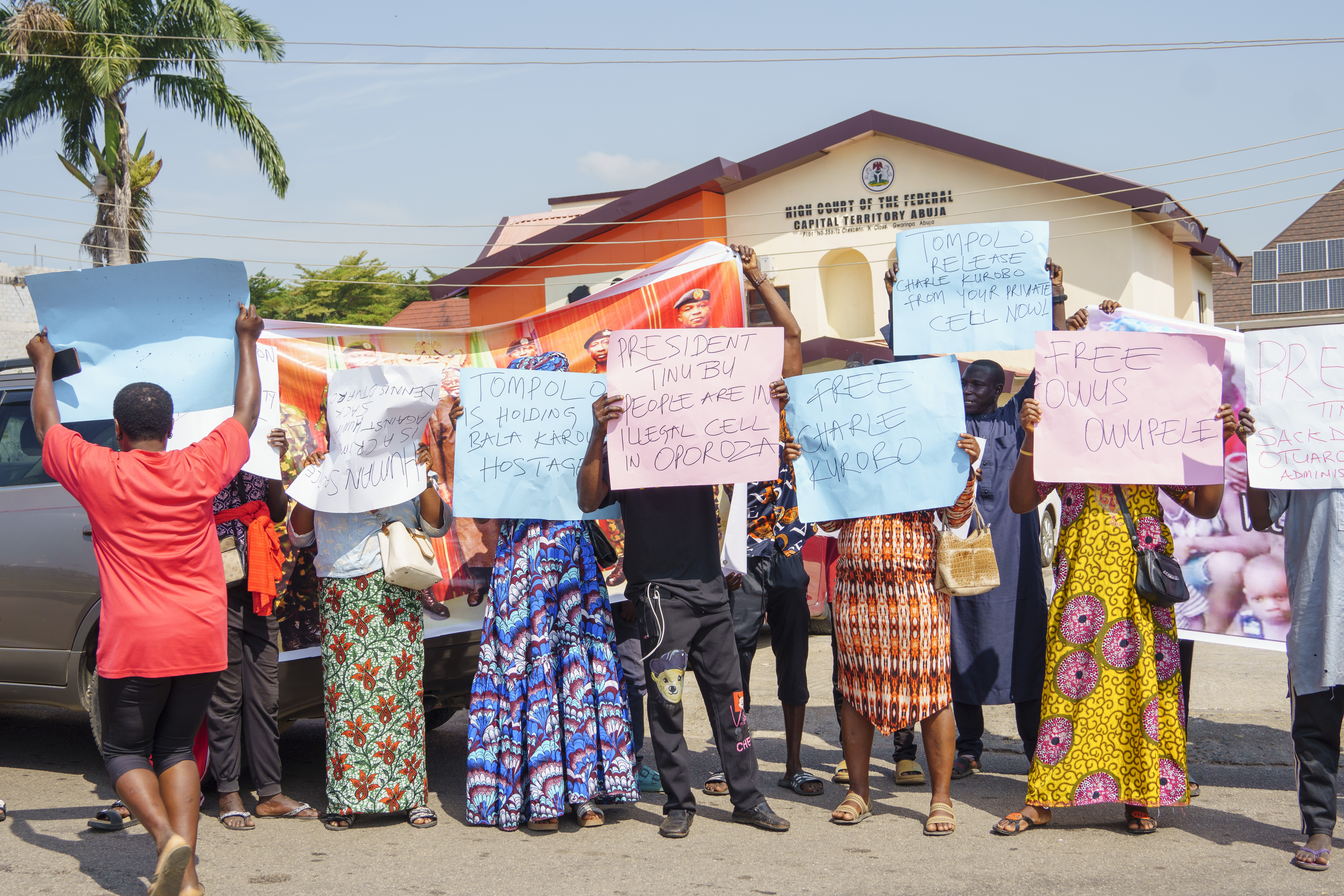
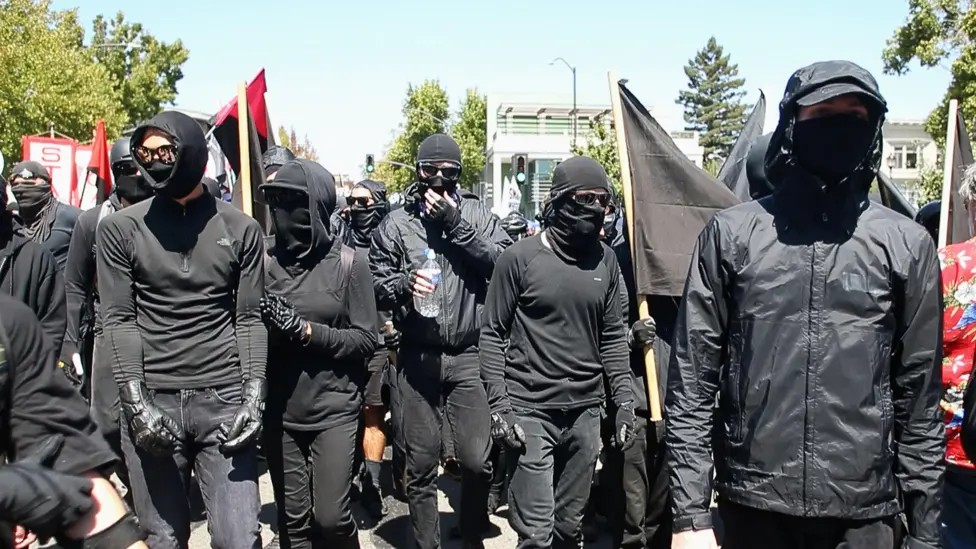


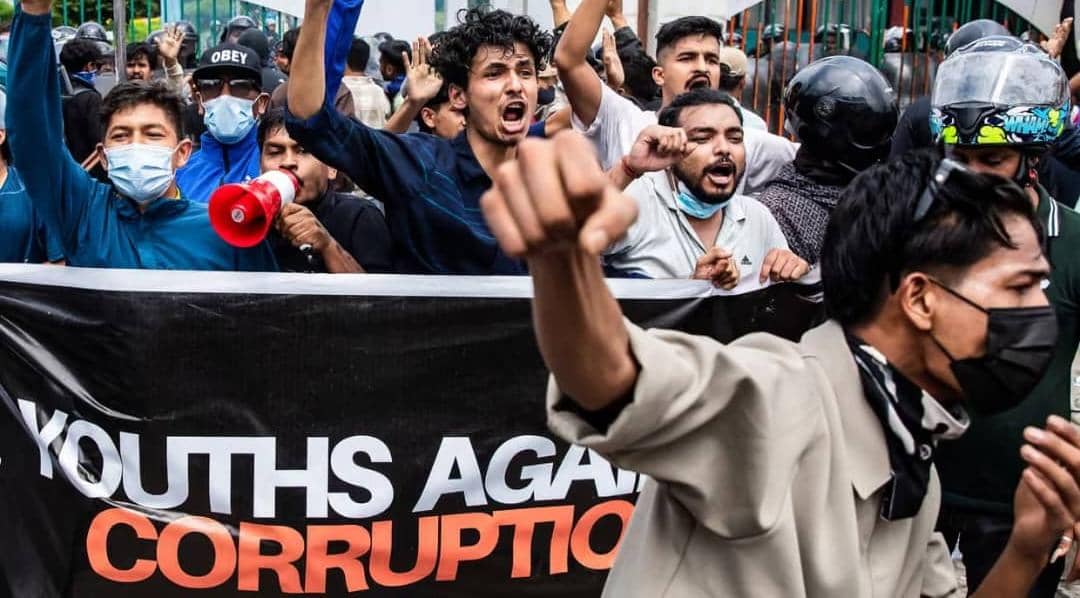



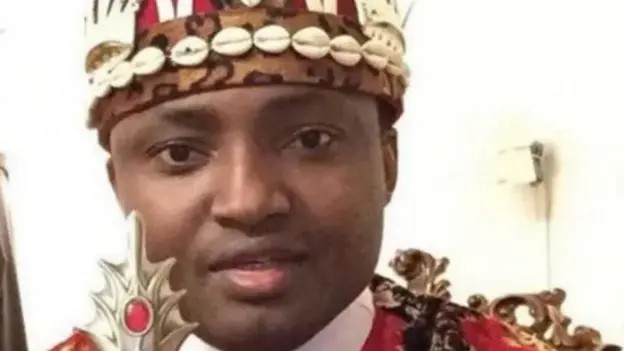


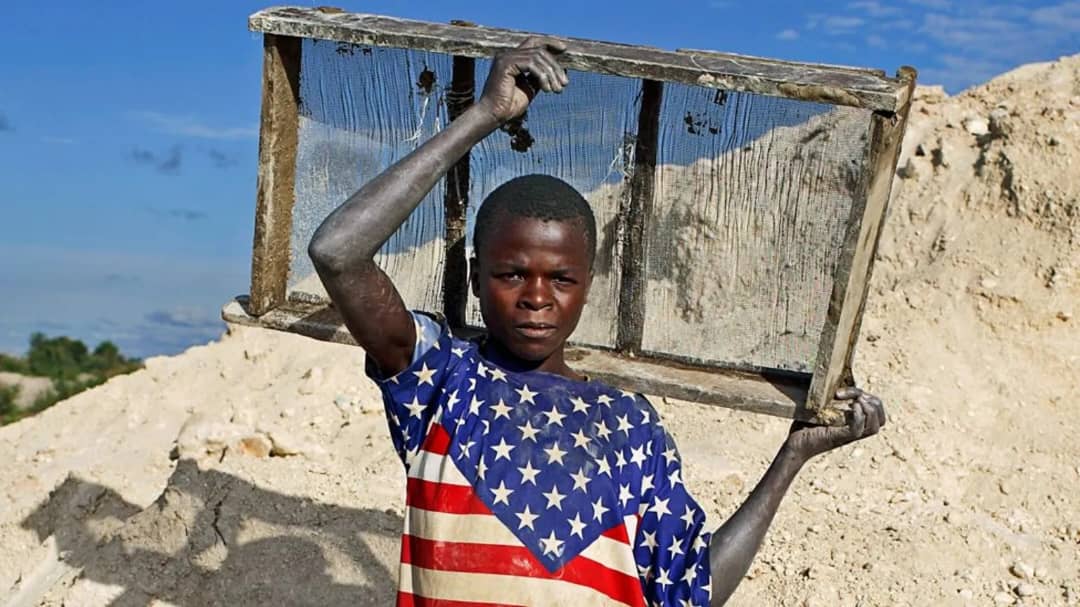

0 Comment(s)